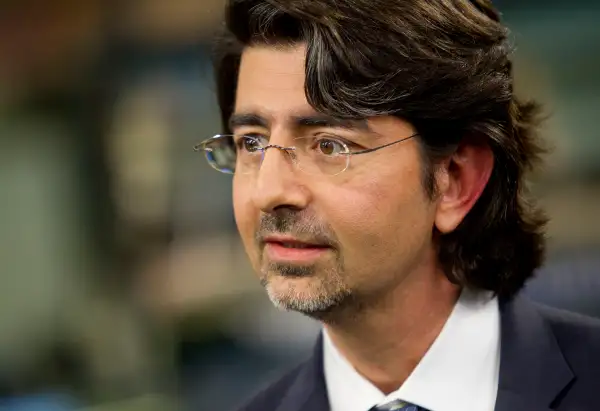The Billionaire Founder of eBay Plans to Give Thousands of Kenyans Free Income for 12 Years
Money is not a client of any investment adviser featured on this page. The information provided on this page is for educational purposes only and is not intended as investment advice. Money does not offer advisory services.

Pierre Omidyar, the billionaire co-founder of eBay, plans to donate approximately $500,000 to fund a project in Kenya that will give thousands of people a guaranteed regular income.
The program, called, GiveDirectly is being hailed as the most ambitious experiment yet in the concept of universal basic income, or UBI. It will make cash transfers to more than 26,000 people in 200 villages in Kenya, with about 6,000 of those people receiving a long-term basic income for 12 years. The payments of $0.75 per day amount to 50% of typical adult income in rural Kenya.
The concept of a universal basic income has been gaining traction around the world as a way to equitably increase quality of life in a world where labor markets are being disrupted. The policy was recently the subject of a nationwide referendum in Switzerland—it didn't pass—and it's also being discussed in European countries, Canada, and the city of Oakland, to name a few.
The basic idea: Give people a strings-free weekly, monthly or yearly stipend, enough so that their basic needs are taken care of, whether they work or not.
"Cash transfer programs can potentially help to address bigger issues facing our society, such as rising income volatility, lack of secure benefits, social instability, and the changing nature of work," reps for the Omidyar Network wrote in a Medium post.
"Concerns around these themes have recently sparked growing attention to a particular form of cash transfer: the idea of universal basic income (UBI) — a transfer that would be regular, long-term, a meaningful amount, and available to everyone."
The Omidyar Network, which functions as both a charity and social impact investment firm, emphasizes that the program is still very much an experiment, as there is very little empirical evidence on how and when UBI could best be used.
"Even though we know that cash transfers in developing countries help reduce poverty and improve outcomes for families, these have not been tested on a long-term basis or with a universal beneficiary pool."
The Network says GiveDirectly will begin releasing results about "how people behave when they have confidence in long-term, 'no-strings-attached' income in the next few years.
In the meantime, the Network will look to support additional studies on UBI.